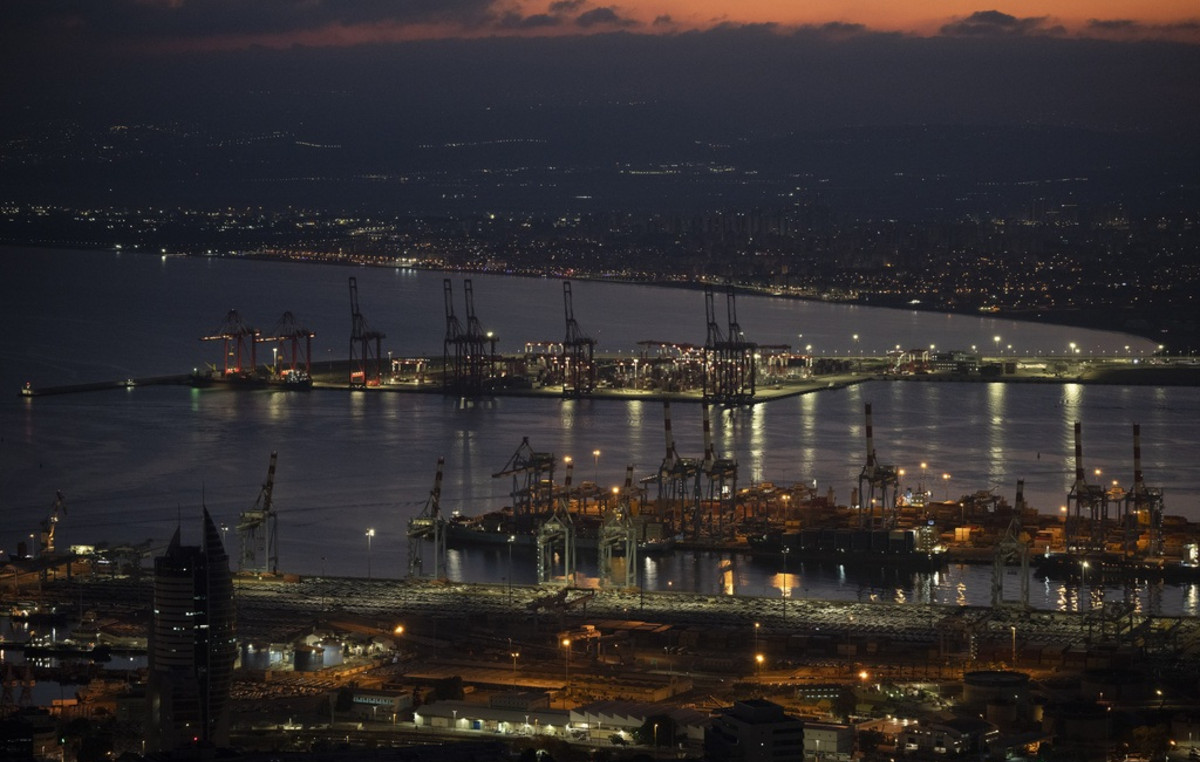LAST UPDATE: 15.31
European natural gas prices rose as much as 4.6 percent as Norway extended reduced capacity at several facilities that help transport the fuel to Europe, according to Bloomberg.
Shipments from Norway are expected to fall further on Tuesday, with reduced supplies at both the UK’s Easington terminal and Belgium’s Zeebrugge terminal.
The cuts, caused by an incident at the Sleipner field, are expected to last until Wednesday, according to data from grid operator Gassco. The outage also affected the Kollsnes and Nyhamna plants in Norway.
The lower Norwegian flows coincide with the shutdown of Russia’s main Nord Stream 1 pipeline due to maintenance work that began yesterday, squeezing supply at a time when countries are rushing to fill storage for winter and a heat wave is boosting demand for electricity for the cooling of houses. The UK, where temperatures are well above seasonally normal levels, has seen higher output from gas-fired power plants than normal for this time of year in recent days.
Meanwhile, Russia has not increased supplies through Ukraine while the Nord Stream 1 pipeline is closed. Questions also remain about how much gas Gazprom will deliver after maintenance work ends next week.
“While we believe that an interruption of Russian gas supplies to Europe is a real possibility, which would trigger a recession across the Eurozone with three consecutive quarters of economic contraction, there are also strong reasons to assume that gas supplies will continue after the work maintenance,” UBS Group AG said.
Still, European gas prices could exceed 200 euros per megawatt hour if supply is disrupted further, the bank said, after already raising its forecast for this winter’s prices to 120 euros per megawatt hour. Prices “will remain extremely high until 2026, when more LNG is expected to come in,” he added.
Meanwhile, the Commission’s idea for member states to join forces to buy natural gas to replenish reserves has not gone ahead. The idea of common markets, first mooted in the EU several years ago, was revived earlier this year after tight supplies from Russia pushed gas and electricity prices to record levels.
“We are building the infrastructure we need and member states are talking to each other regularly. No promises have been made as to when the first common markets will take place because this is also a voluntary system,” said Tim McPhie, a spokesman for the Commission.
In this climate, the Dutch contract – the European benchmark – rose 7.1% to 176.20 euros per megawatt hour. The equivalent UK contract is up 21%.
Source: Capital
I am Sophia william, author of World Stock Market. I have a degree in journalism from the University of Missouri and I have worked as a reporter for several news websites. I have a passion for writing and informing people about the latest news and events happening in the world. I strive to be accurate and unbiased in my reporting, and I hope to provide readers with valuable information that they can use to make informed decisions.







